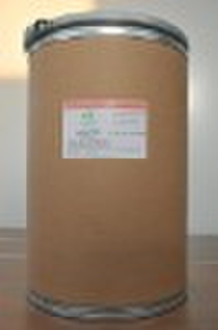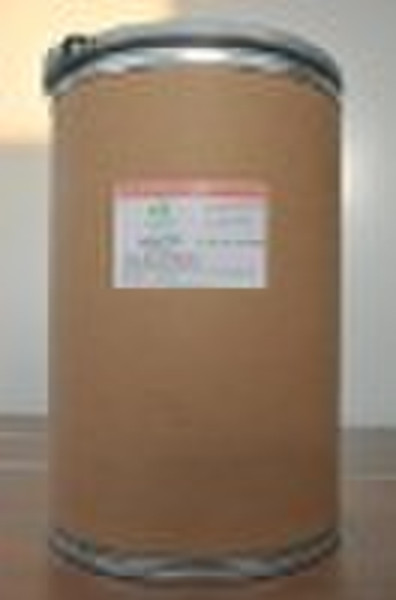Каталог
-
Каталог
- Автомобили и мотоциклы
- Безопасность и защита
- Бизнес
- Бытовая техника
- Бытовая электроника
- Детали машин и услуги по их изготовлению
- Дом и Сад
- Здоровье и медицина
- Игрушки и хобби
- Изделия из металла
- Измерительные и анализирующие приборы и инструменты
- Инструмент
- Красота и личная гигиена
- Мебель
- Мероприятия по охране окружающей среды
- Минералы и металлургия
- Модные аксессуары
- Обувь и аксессуары
- Одежда
- Освещение
- Подарки, сувениры
- Продовольственные товары и напитки
- Промышленное оборудование и техника
- Резина и пластмассы
- Сельское хозяйство
- Специальное оборудование
- Спорт, отдых и досуг
- Сток
- Строительство и недвижимость
- Текстиль и кожа
- Телекоммуникации
- Товары для офиса, учебы. Канцтовары
- Транспорт
- Упаковка и печать
- Химикаты
- Часы, Украшения, Очки
- Чемоданы, сумки
- Электронные компоненты, оборудование, принадлежности
- Электротехническое оборудование и принадлежности
- Энергия
Filters
Search
Обработка осадка в Очистные сооружения SKHZYE
ориг. цена: 9,00 USD
Вэйфан, Китай

Linda han
Контактное лицо
Основные данные
| Место происхождения | Shandong China (Mainland) |
|---|---|
| Бренд | sukahan |
| Номер Модели | SLW-300 |
SludgeTreatmentSKHZYE SLW-300 Special Microbe Used for Filtered Sludge Treatment in Sewage Treatment Plant INTRODUCTION SKHZYE SLW-300 is a microbial product and consists of many high concentrations of beneficial non-pathogenic microorganisms and many enzymes that can degrade a variety of macromolecule substances. It is made by unique formula and contains many anaerobic, aerobic multifunctional bacteria strains. The microorganisms in this product will generate digestive enzymes in the process of growth and reproduction to degrade the large amount of organic waste in filtered sludge of municipal wastewater treatment plant. It can also remove the obnoxious odor in sludge. The decomposition products can be further transformed through oxidation, reduction and hydrolysis reaction and in the end turned into organic fertilizer. Working Mechanism: Microorganisms in composts can produce large amount of heat in the process of decomposition to heat the composts. This high temperature is necessary for fast decomposition and also conducive to the destruction of the weeds seeds, insect larvae, harmful bacteria, etc. and can inhibit the breeding of certain diseases so as to avoid these diseases generating harmful microorganisms to impede normal growth of plants. The addition of fermentation microbe strains can increase the decomposition rate and efficiency as these microbe strains are mixture of highly concentrated bacteria and fungi through screening, acclimation, cultivation and improvement. These strains are chosen for better survival and reproduction and at the same time they generate enzymes and decompose organic waste to accelerate the decomposition of organic matters in the composting process. The standard concept of decomposing wood cellulose is to open the fiber structure firstly, so that the sugar can be used for different microbial metabolism. Microorganisms release sugar to the composts from cellulose, hemi-cellulose, protein, starch and other carbohydrates by cellulolytic enzyme, zytase, ?-amylase, protease and ligninolytic enzymes. If the growth of target bacteria is strengthened in composts, it can effectively inhibit the growth of other bacteria and prevent odor, pathogenic bacteria and other harmful substances. Advantages: 1.Decompose the organic waste in garbage for waste reduction; 2.Remove obnoxious odor of the sludge; 3.Through the fermentation, the filtered sludge can be used as bio-organic fertilizer of farmlands or vegetable fields.Beneficial microorganisms in the composts: 1.Composting process is to utilize the beneficial microorganisms and higher animal life body to decompose the organic matters in industrial, urban and agricultural waste. 2.The organic matters in solid waste can also be decomposed through biological method in the process of composting. In this process, the solid organic waste will be decomposed by aerobic, mesophilic and thermophilic microorganisms. 3.The composting process is a microbial process, and it can transform the organic waste into stable, hygiene and humus-like products to improve soil composition. 4.It will promote the decomposition of organic matters through add highly concentrated beneficial bacteria strains that be screened, acclimated, cultivated and improved with better viability, faster reproductive capacity and strong enzyme-producing ability to the inherent natural microbial strains in composts. 5.The effective integration of beneficial microorganisms will greatly reduce the fermentation time of composting.Description: Bacteria content: 3 × 108 CFU / g Appearance: light brown powder Odor: slightly fermented odor Effective pH: 6.5 - 8.0 Use Method and Dosage: 1. Add 1/3 of grinded wheat straw, corn stalks and other objects in the sludge and then mixed; 2. Use 50 - 100 g this product in each ton (wet-dry ton) of filtered sludge raw materials; 3. Stack the sludge into 1.2 - 1.5 meters high and 2 meters wide pile; 4. Re-stack the sludge when the compost temperature at each point reaches 60-65 °C; 5. The fermentation shall be ended on the third day after the re-stacking frequency reaches 3 times and total fermentation period shall be 21 -28 days in general.Testing program: Product nameAmount added per ton of sludge SLW-30050g75g100g The final amount shall be determined according to the result of trial. Packaging: Packaging specification for SKHZYE SLW-300: 1.1 kg / plastic bag or 20 kg / box; 2.It can also be packaged in accordance with your requirements.Technical Services: Sukahan (Weifang) Bio-Technology Co., Ltd. will assist our customers to use the product correctly.
Условия поставки и упаковка
Packaging Detail: 25 kg/ plastic drum, with double plastic liner Delivery Detail: Delivery within 2 weeks after received the order
Порт: Qingdao
Условия оплаты
Аккредитив
Электронный перевод
-
Способы оплаты
Для оплаты товаров и услуг на нашем портале, Вы всегда получаете счет, в котором Вам необходимо самостоятельно указать свои данные.
Мы принимаем к оплате:









